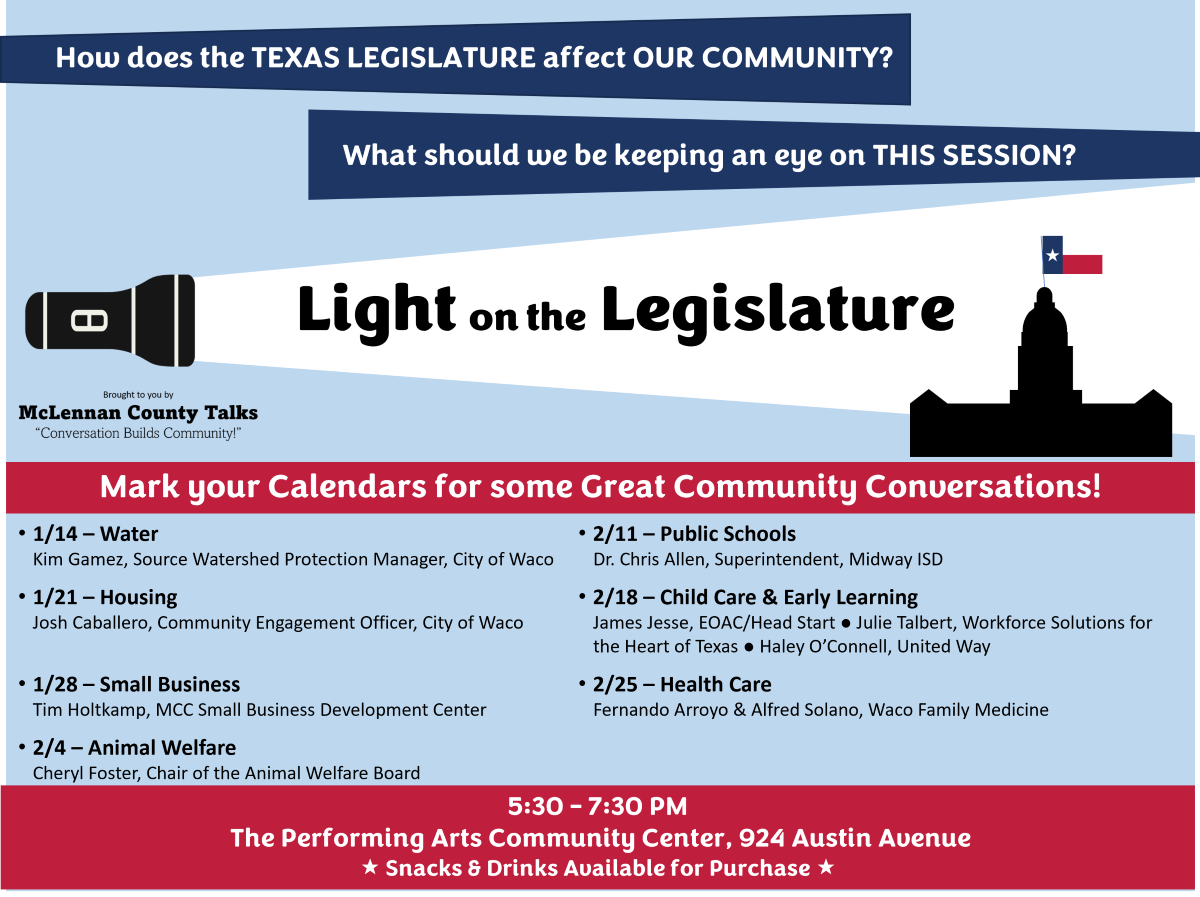“Peace” and “Quiet” are not the same. For true peace we need to start talking!
By Ashley Bean Thornton
Do you remember when political conversations, even political disagreements, were more fun than they are now? I do. I miss that.
After the frenzy and folderol of the recent election you may be thinking: “Political conversations – no thanks! That’s the last thing I want! I am ready for some peace and quiet!”
I can understand that. The terrible state of political discourse we are experiencing right now doesn’t make me long for silence, though. It makes me long for better political discourse.
I remember fun, lively, invigorating political conversations – the kind where we bat ideas around, and hear different points of view, and get new information, and sometimes disagree, and sometimes even change our minds. Those kinds of conversations are energizing, not depleting. In a really great political conversation, we end up a little smarter, not just angrier and sadder. In addition to being fun and energizing and enlightening, I also believe good political conversation is a crucial form of peacemaking.
We live in a diverse community, in a diverse state, in a diverse country, in an unbelievably diverse world. Any kind of pseudo-peacemaking that depends on just “going along to get along” is bound to fail when those who have been “going along” finally erupt in pent-up anger and frustration. Any kind of pseudo-peacemaking that depends on one “side” getting strong enough to demand and get their way all the time is bound to succumb to the temptations of tyranny.
So, how do we go about living together peacefully in a diverse community? For one thing, we need to be careful not to confuse “quiet” for “peace.”
If we want to get better at politics, we need to talk politics — with people who agree with us, and with people who disagree with us. We don’t need to avoid political conversations; we need to practice doing them productively instead of destructively.
It wasn’t that long ago that productive, informative, thought-provoking political conversations were common, maybe even the norm. Vinyl records have made a comeback – why not invigorating political talk? I don’t even think it would be that terribly hard to do.
Here are some things I think would help.
- Ease into it. – We don’t have to start with the very most intractable controversy in the headlines. We can start with issues that are important, but that have not been fully demarcated into partisan war zones. We can start with ideas that people haven’t made their mind up about yet, topics where people might still have a little psychic wiggle room.
- Start with curiosity instead of conviction. – We don’t have to dive straight into arguing. We can listen and ask questions first, collect and share a little information, develop a little bit of a common base of understanding. We can start with phrases like “I wonder if…” and “How do we find out…” instead of “Everybody knows…” or “They should just…”
- Start at home. – It’s easy to overgeneralize about “them” – those other people we don’t know, in places where we don’t live. It’s easy to think of “them” as one-dimensional “straw people” who are either all good or all bad. We can have better, richer conversations if we start with what’s happening here in our own community with our neighbors who we know to be real, complicated people dealing with challenges that are familiar to us.
- Talk in-person instead of typing on a screen – It’s easy to be snarky or even mean when you can’t see someone’s face. It’s easy to misunderstand when you can’t hear the tone of voice. Sometimes you need all tools of face-to-face communication at your disposal to make a nuanced point or to convey an important shade of feeling – an emoji just doesn’t cut it. We need to start with face to face, then maybe we can graduate to on-line.
- Practice – Every skill gets rusty if we don’t use it. We can get better at listening, clarifying, asking good questions and reconsidering our ideas if we practice. We can get better at having fun, productive, thought-provoking, political conversations if we practice.
Speaking of practicing…
I am excited to invite you to participate in a grassroots effort that is bubbling up in our community. It’s tentatively called “McLennan County Talks.” The goal of this effort is to promote positive, productive civic engagement and a well-informed voter base in McLennan County by offering regular opportunities for non-partisan community conversations about issues that affect Waco and McLennan County.
Our first project is called “Light on the Legislature.” It is a series of community conversations about how the Texas Legislature affects our everyday lives. We will meet from 5:30 to 7:30 PM at the Performing Arts Community Center (924 Austin Avenue). Snacks and drinks will be available for purchase.
Each conversation will be focused on a topic that directly affects our community. Here are the dates and topics:
- January 14 – Water
- January 21 – Housing
- January 28 – Small Business
- February 4 – Animal Welfare
- February 11 – Public Schools
- February 18 – Child Care & Early Learning
- February 25 – Health Care
We have invited knowledgeable local folks to give us a little background on each topic and to tell us what they are “keeping an eye on” this legislative session. We will hear their remarks, then have time for group conversation. The whole thing will be super casual and hopefully fun! We hope to get people with a wide variety of perspectives to come. It will be a great way to learn about important issues in our community, and to learn a little bit about how the Texas Legislature operates. More importantly, we hope these meet-ups will be a terrific way to get to know your neighbors and to practice the art of productive, political conversation. Hope to see you there! Peace!
Want to make sure you get all the Dead Dillo posts? To subscribe to this email list, click here!

